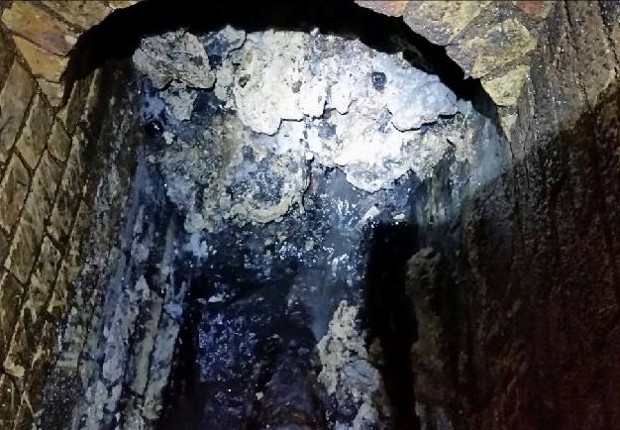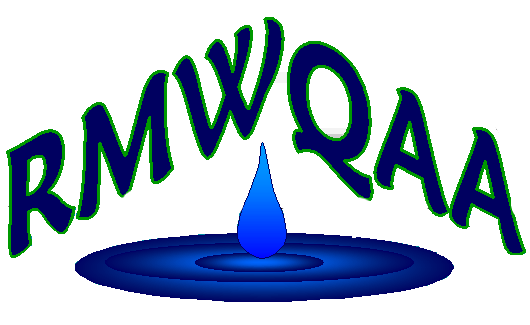Octo-berg Newsletter: A “Fatberg” Takes Over a London Sewage System
Last month London sewer workers discovered what has quite accurately been dubbed a “fatberg.” Beneath the streets of East London, tucked away in a sewage system too antiquated for the living style of current Londoners, sits a massive congealed fatty mess that is only now on the final steps of removal. Fatbergs aren’t a new phenomenon, they form in pipes and sewers when fats congeal and mesh together with used diapers, wet wipes, tampons and other various flushed items. However, this fatberg made headlines due to its massive 140 ton size spanning the length of 3 football fields, dwarfing the previous largest fatberg by roughly 10 times.
 The project was estimated to take 8 workers up to 3 weeks to fully remove from the sewers, by cutting out large concrete-like blocks piece by piece. This particular fatberg may have grown to this size for a number of compounding reasons. Dr. Tom Curran of University College Dublin’s School of Biosystems and Food Engineering sees the growing population of London and its high concentration of restaurants, pubs, and hotels as a “perfect storm for the phenomenon.” He also lends credit to London’s aging sewage system.
The project was estimated to take 8 workers up to 3 weeks to fully remove from the sewers, by cutting out large concrete-like blocks piece by piece. This particular fatberg may have grown to this size for a number of compounding reasons. Dr. Tom Curran of University College Dublin’s School of Biosystems and Food Engineering sees the growing population of London and its high concentration of restaurants, pubs, and hotels as a “perfect storm for the phenomenon.” He also lends credit to London’s aging sewage system.
Photo Courtesy of Reuters.com
The sewers of London were built using calcium-rich concrete which creates wastewater with a high calcium content. This causes saponification of the cooking grease in these systems and forms giant masses of cloth and fat.
Though fatbergs are quite an issue in scenarios such as this massive 140 ton monster, there is the possibility of recycling fatbergs pulled from sewer systems into bio-diesel once the cloth and other contaminants are removed. This is taken a gross step further in some locations in China, where there may be an illicit trade in “gutter oil,” or recycled oil from fatbergs used in the cooking of cheap street food. It is nice to know that the bergs can be recycled into bio-diesel (gutter oil not so much) but fatbergs still remain a problem in many locations. The best way to prevent them comes down to public awareness, informing people that only toilet paper should be flushed down the toilets and any cooking grease and oils should be poured into a separate jar and disposed of in the garbage. This includes restaurants, where many in the U.S. have grease traps to help separate the oil and congealed fats so that they can be further recycled and prevent contamination of sewers.
Rererences:
O’Sullivan, F. (2017, September 14) London’s Sewers Are Clogged With Massive Globs of Fat. Here’s Why It’s Hard to Get Rid of Them. Retrieved from https://www.citylab.com/environment/2017/09/why-theres-no-easy-solution-to-fatbergs/539817/
 Welcome to the
RMWQAA Website!
Welcome to the
RMWQAA Website!  Welcome to the
RMWQAA Website!
Welcome to the
RMWQAA Website!